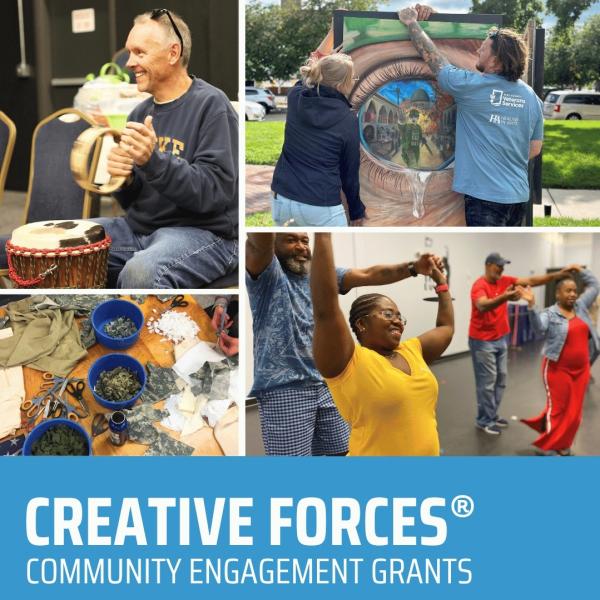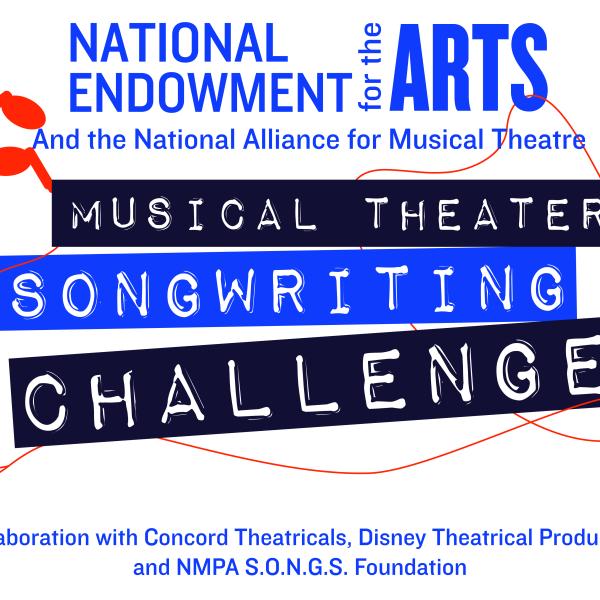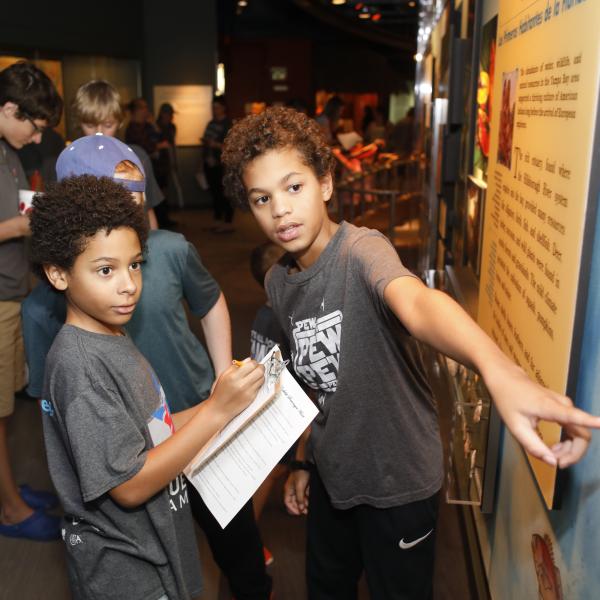National Endowment for the Arts Statement on the Death of NEA Jazz Master Albert “Tootie” Heath
It is with great sadness that the National Endowment for the Arts acknowledges the passing of percussionist and educator Albert “Tootie” Heath, recipient of a 2021 NEA Jazz Masters Fellowship, the nation’s highest honor in jazz. The youngest of the three Heath Brothers, Heath was the consummate jazz drummer, playing with seemingly everyone from John Coltrane to Ethan Iverson and performing on more than 100 recordings. Well-versed in various styles of jazz—including avant-garde, bop, and swing—he also delved into R&B, such as his work in the 1980s with his nephew Mtume; studied improvisation in North Indian classical music; and was praised for his ability to imbue his personality into any repertoire.
In a video interview with Heath, he said, “You become a jazz master by opening yourself up to other cultures and other music from around the world. The reason why I like to thank jazz—because it led me to all of these other types of music that exist in the world.”
Self-taught, Albert “Tootie” Heath received musical training from his father, a clarinetist in one of Philadelphia’s Black marching bands, as well as from his older brothers Percy and Jimmy (both NEA Jazz Masters), who were already establishing themselves in the jazz world. Still in high school, Heath was asked to accompany Thelonious Monk on the drums during his engagement at Philadelphia’s Blue Note Club. By 1957, he had moved to New York, where he had an auspicious recording debut with the legendary John Coltrane on his album Coltrane (and later played on Coltrane’s Lush Life). In 1958, Heath was the drummer for Nina Simone’s first album, Little Girl Blue.
Heath embarked on a career as a sought-after musician, playing with J.J. Johnson from 1958 until 1960 and then the Jazztet while also working as a sideman at Riverside Records. In the mid-1960s, Heath moved to Europe but continued to play and record with jazz greats in the United States and around the world, including Cannonball Adderley, Art Farmer, Benny Golson, Dexter Gordon, Johnny Griffin, and Clifford Jordan, as well as playing in Herbie Hancock’s band from 1965 to 1970. In the mid-1970s he returned to the United States, settling in Los Angeles, California, and performed and recorded with Yusef Lateef from 1973 to 1983. He was awarded a National Endowment for the Arts Jazz Composition Fellowship in 1974.
In 1975, he joined his brothers and pianist Stanley Cowell to form the Heath Brothers, a group that remained active until the passing of Percy Heath in 2005. During the mid-1990s he was the drummer in the Modern Jazz Quartet.
Beginning in the late 2000s, Heath produced and led the Whole Drum Truth, an intergenerational jazz drum ensemble featuring legendary and emerging jazz drummers such as Sylvia Cuenca, Billy Hart, Louis Hayes, and Willie Jones III. He also led the Tootie Heath Trio, featuring pianist Ethan Iverson and bassist Ben Street.
Heath was an instructor at the Stanford Jazz Workshop summer camps for middle and high school students for more than 30 years. He conducted clinics and workshops and performed at colleges and universities nationwide.
In a 2021 podcast interview with the NEA, Heath talked about teaching and what he wanted to pass along to young musicians: “[W]hat I could help them with is to make sure that they stay open-minded, and you have to pay attention to other cultures and other music in order to be as good as you needed to be in the genre that you’re in. That was one of the main things I wanted to pass onto these younger people.”
In 2018, Heath received a Lifetime Achievement Award from the Jazz Foundation of America. Living in Santa Fe, New Mexico, since 2013, Heath immersed himself in the local jazz community.
Contact
publicaffairs@arts.gov




